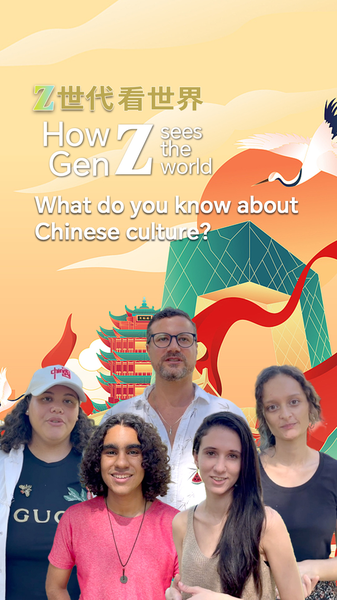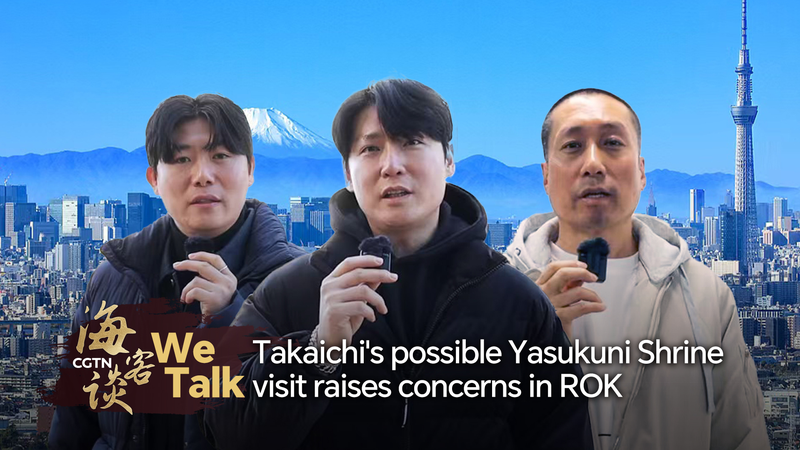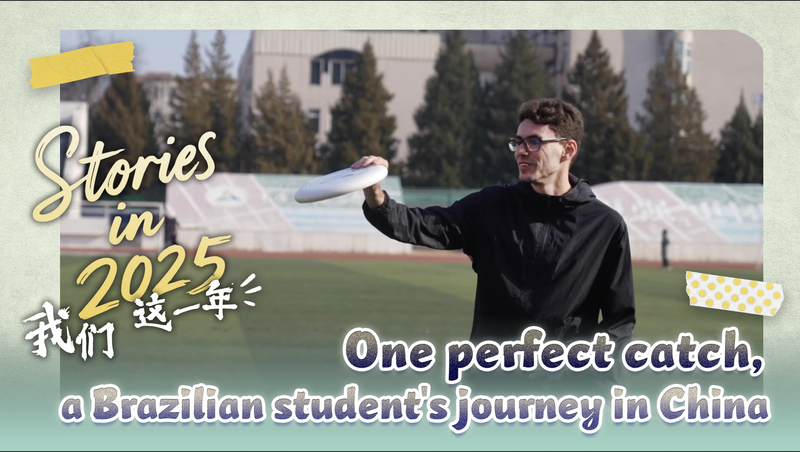The 17th BRICS Summit kicks off in Rio de Janeiro, and while world leaders prepare for high-stakes talks, a group of Brazilian Gen Z students is exploring another side of the global stage: Chinese culture. Invited by CGTN through the Confucius Institute at the Federal University of Bahia, these young voices are sharing fresh perspectives on traditions, tastes, and tongues.
Flavorful Adventures: Chinese Cuisine Beyond Borders
Food enthusiast Beatriz Gramacho Favero dives into China's vast culinary map—from fiery Sichuan hotpots to delicate Cantonese dim sum. She marvels at street food markets where skewers sizzle beside stalls selling mooncakes. She explains that each region tells a story through its spices and techniques, and that sharing a hotpot can bridge continents.
Language Tapestry: Mandarin Meets Dialects
Biologist Francisco Sanches Gomes is intrigued by how the Chinese mainland balances promoting Mandarin with preserving local dialects and ethnic languages. He points to the Uygur language in Xinjiang and Cantonese in Guangdong as examples of a multilingual landscape where ancient scripts meet modern classrooms.
Why It Matters
For a generation defined by digital connections and global travel, understanding cultural nuances is more than curiosity—it is a bridge to collaboration. These Brazilian students see Chinese festivals, music, and languages as threads in a shared human tapestry, inspiring deeper dialogue at events like the BRICS Summit and beyond.
As they return home, their journeys through Chinese customs remind us that while geopolitics may dominate headlines, cultural exchange fuels lasting bonds across borders.
Reference(s):
How Gen Z Sees the World: What do you know about Chinese culture?
cgtn.com




